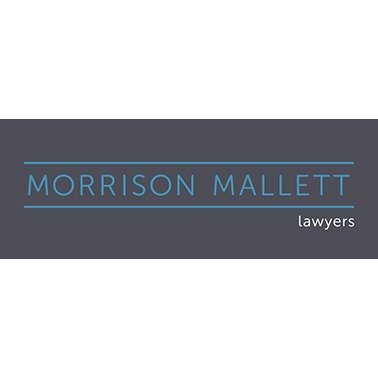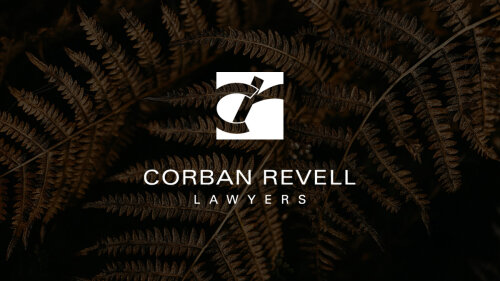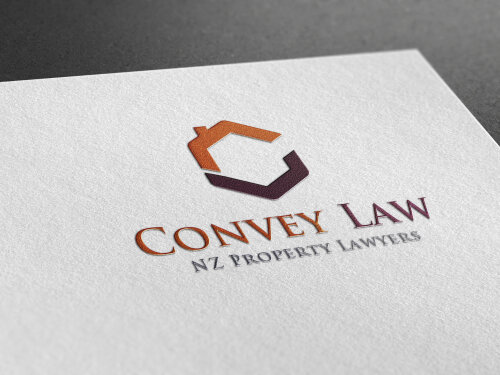Best Class Action Lawyers in Auckland
Share your needs with us, get contacted by law firms.
Free. Takes 2 min.
List of the best lawyers in Auckland, New Zealand
About Class Action Law in Auckland, New Zealand:
Class Action in Auckland, New Zealand refers to legal proceedings where a large group of people, who have experienced comparable harm or loss due to the actions of a common defendant, collectively bring a lawsuit to court. This form of litigation effectively allows a way to manage the vastness of similar cases, speeding up the disposition of cases and improving the efficiency of the judicial process. The type of cases often seen under class action law includes financial fraud, defective products, employment discrimination, unfair business practices, and environmental harm.
Why You May Need a Lawyer:
The complexity and magnitude of class action cases necessitate the assistance of a qualified class action lawyer. These lawyers help to navigate the intricate legal landscape, present your case strategically, assist in settlements, and represent the class group effectively in court. They are particularly important if you feel you're part of a larger group that has been wronged by the same entity, as consolidating your individual cases can lead to a stronger legal argument and a more efficient legal process.
Local Laws Overview:
Class action in New Zealand is largely governed by Rule 4.24 of the New Zealand High Courts Rules, providing directives on representative claims. These rules do not require certification for class action suits, unlike other jurisdictions. Moreover, the nature of claim or issue should be similar for all members involved. A Fair Trading Act also exists for consumer rights. It's imperative to understand these laws to realise the full strength and extent of your claim.
Frequently Asked Questions:
1. What can I expect in a class action lawsuit?
In a class action lawsuit, you can expect that there will be a lead plaintiff, commonly the individual who initiates the lawsuit. All decisions for the group will be made by the lead plaintiff and their lawyer, and the outcome of the suit applies to all members of the class action.
2. Can I opt out of a class action suit?
Generally, you have the right to opt out of class action proceedings if you wish to pursue your personal claim against the defendant, but it requires specific procedures which are generally communicated methodologically in the initial stages of the lawsuit.
3. How long do class action lawsuits take?
The time length for class action lawsuits varies from case to case. Some lawsuits can settle in a few months, while complex cases may take several years to conclude.
4. Do I need to pay my lawyer upfront for a class action suit?
Many lawyers operate under a 'no win no fee' agreement for class action suits, meaning that if the lawsuit is unsuccessful, no legal fees are owed. It's important to clarify fee arrangements with your lawyer at the start.
5. Does the compensation I receive get taxed?
It depends on the nature of the compensation. In some cases, compensation received from successful lawsuits may be considered taxable income under New Zealand law.
Additional Resources:
For those seeking more information on class action law in Auckland, resources like The New Zealand Law Society, Auckland District Law Society and Ministry of Justice can provide more in-depth guidance and details. These organisations shed light on legal developments, offer support and services, and provide access to professionals in the field of law for consultation.
Next Steps:
If you believe you need assistance with a class action lawsuit, begin by reaching out to a qualified class action lawyer in Auckland. Prepare a concise summary of your situation, any documentation you have, and any important dates or deadlines. Your attorney will be able to guide you through your options and the next steps in pursuing your claim.
Lawzana helps you find the best lawyers and law firms in Auckland through a curated and pre-screened list of qualified legal professionals. Our platform offers rankings and detailed profiles of attorneys and law firms, allowing you to compare based on practice areas, including Class Action, experience, and client feedback.
Each profile includes a description of the firm's areas of practice, client reviews, team members and partners, year of establishment, spoken languages, office locations, contact information, social media presence, and any published articles or resources. Most firms on our platform speak English and are experienced in both local and international legal matters.
Get a quote from top-rated law firms in Auckland, New Zealand — quickly, securely, and without unnecessary hassle.
Disclaimer:
The information provided on this page is for general informational purposes only and does not constitute legal advice. While we strive to ensure the accuracy and relevance of the content, legal information may change over time, and interpretations of the law can vary. You should always consult with a qualified legal professional for advice specific to your situation.
We disclaim all liability for actions taken or not taken based on the content of this page. If you believe any information is incorrect or outdated, please contact us, and we will review and update it where appropriate.
















